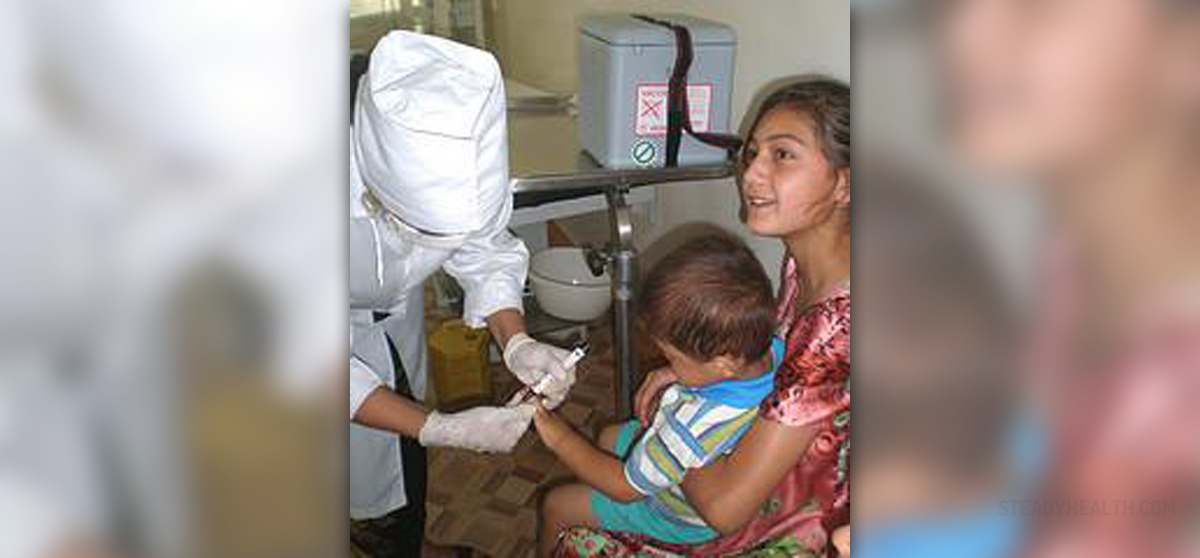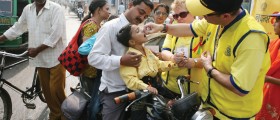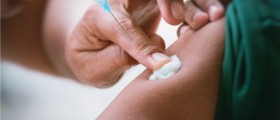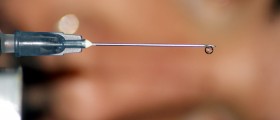
What is polio?
Polio is a very serious viral disease that in severe cases causes problems with breathing, paralysis. Today, polio is almost completely eradicated in the Western world, thanks to extensive immunization campaigns, but it continues to affect both children and adults in countries such as India, Pakistan, Afghanistan and Nigeria.
Polio is the commonly used abbreviation for poliomyelitis, also called infantile paralysis. The virus is usually spread through fecal-oral route, which is why the risk is higher in areas with contaminated water supply. It can be asymptomatic, but if the virus enters the blood stream, it can reach central nervous system, causing different types of paralysis, depending on which nerves are affected.
As for the treatment, unfortunately there is no cure for polio. Treatment is mainly focused on alleviating the symptoms, speeding up the recovery and preventing possible complications. Considering the severity and the impact of this disease, it is clear that the prevention is extremely important.Prevention of polio
Good personal hygiene and improved public sanitation can somewhat reduce the risk of polio, the only efficient way to prevent it is the vaccine.
In United States, most children receive four doses of the vaccine in form of inactivated poliovirus or IPV. The first dose is administered when the child is two months old, the second at four months and the third between six and 18 months. The fourth vaccine, called booster, is given between ages four and six, before the child starts going to school.
This vaccine is 90% effective after first two shots and 99% effective after the third one. Even though it contains poliovirus, the vaccine cannot cause the actual disease. The vaccine is effective even for people with weak immune system, although it is not certain how helpful it is for those with severe immune deficiency.
Some people may have an allergic reaction after the IPV vaccine, because it contains traces of certain antibiotics. People who are allergic to streptomycin, neomycin and polymyxin B should not be given the IPC vaccine.
Not all parents choose to have their child vaccinated for polio. People who have not been vaccinated as children are advised to get vaccinated as adults. The same goes for those whose vaccination records are lost or inexistent. The series of primary polio shots consists of two doses at four to eight weeks interval between them and the third one six months or one year after the second dose.
Those who plan to travel to countries or areas with documented cases of polio should receive a booster dose of the IPV vaccine. The booster dose provides permanent protection against polio.
- www.cdc.gov/polio/
- www.cdc.gov/polio/about/
- Photo courtesy of USAID U.S. Agency for International Development by Flickr: www.flickr.com/photos/46658241@N06/4996748800/

















Your thoughts on this
Loading...